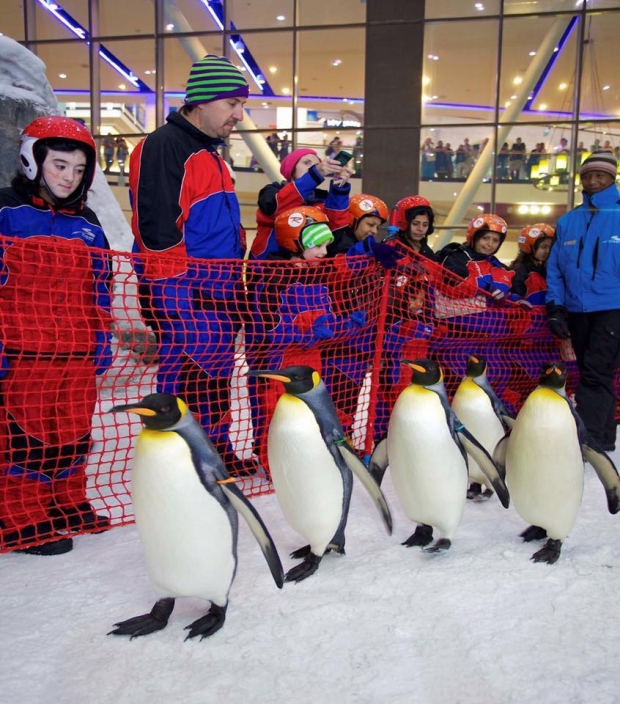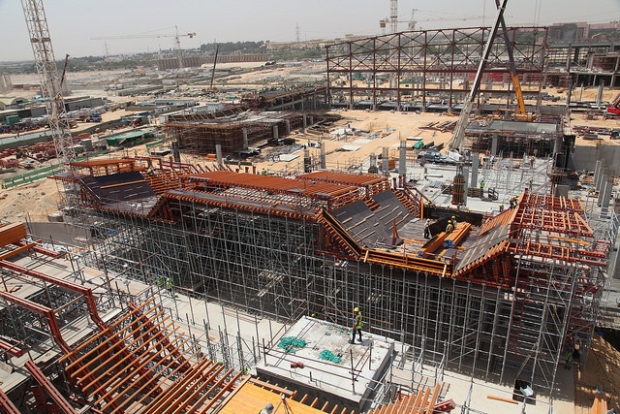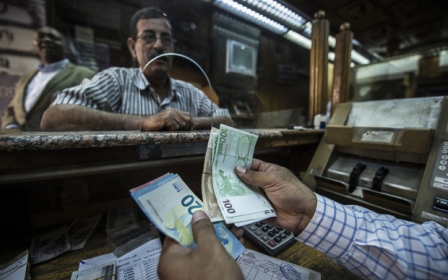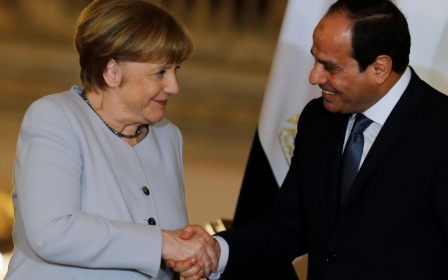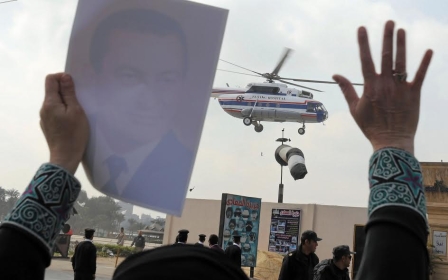Egyptians go skiing in new mall as country's economy falls off cliff
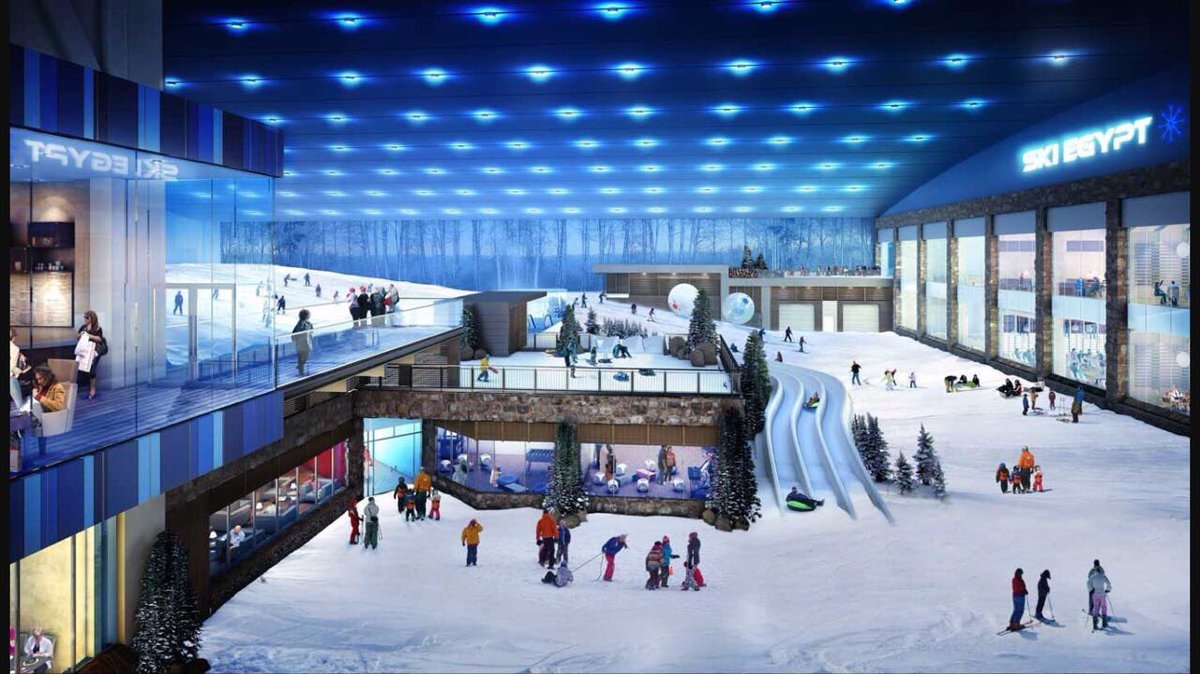
It has Africa's first man-made indoor ski slope, 21 cinema screens and boasts Armani, Lacoste and Cristiano Ronaldo shops. And Egyptians have flocked to the Mall of Egypt, the country's biggest shopping centre, since it opened earlier this month.
But Cairo's new cathedral to consumerism has opened at a time when the country is suffering double-digit inflation and an austerity programme that has plunged millions into poverty.
Spanning 165,000 square metres dedicated to shopping alone, the Mall of Egypt's aims "to attract thousands of people, serving as the ultimate entertainment and shopping hub", the Emirati company that built it said.
It is located in the 6 October City - a rapidly expanding suburb of the capital also home to a UNHCR headquarters, squats and makeshift camps of mainly Iraqi and Syrian refugees.
The project was developed at a cost of EGP 6.3bn ($399m) by Majid al-Futtaim, the Emirati developer that has built ski slopes and shopping centres across the Middle East.
"With a variety of activities from extreme sports to beginner lessons to simply relaxing in a snow-filled environment with friends, this is the ultimate venue in Egypt," a statement on the Mall of Egypt website read.
Plans for the construction of the mall started in 2012, when - despite the revolution - investors eyed an opportunity to target wealthier Egyptians who, scared by the political turmoil, increasingly spent their time at shopping centres rather than in shops around the city.
Five years later Egypt’s economy is in dire conditions, especially after the government cut subsidies and pushed forward austerity measures proposed by the International Monetary Fund (IMF).
As foreign currency reserves dried up, it was forced to accept a $12bn bailout from the IMF. Egypt devalued its currency, causing it to lose nearly half its value as part of the package of economic reforms.
The Egyptian pound has since recovered a little, but in January net inflation reached nearly 30 percent in the wake of rising import prices following the devaluation.
With the weaker currency, subsidies cut and inflation skyrocketing, most Egyptians are left with little if any purchasing power.
Food and imported goods are scarce and there have been reported shortages of sugar and formula milk around the country.
More than 27 per cent of the population already lives under poverty line and analysts fear even more could join them if the economy does not recover quickly.
Majid al-Futtaim now plans to open a new ski centre in Saudi Arabia and in Oman.
New MEE newsletter: Jerusalem Dispatch
Sign up to get the latest insights and analysis on Israel-Palestine, alongside Turkey Unpacked and other MEE newsletters
Middle East Eye delivers independent and unrivalled coverage and analysis of the Middle East, North Africa and beyond. To learn more about republishing this content and the associated fees, please fill out this form. More about MEE can be found here.


